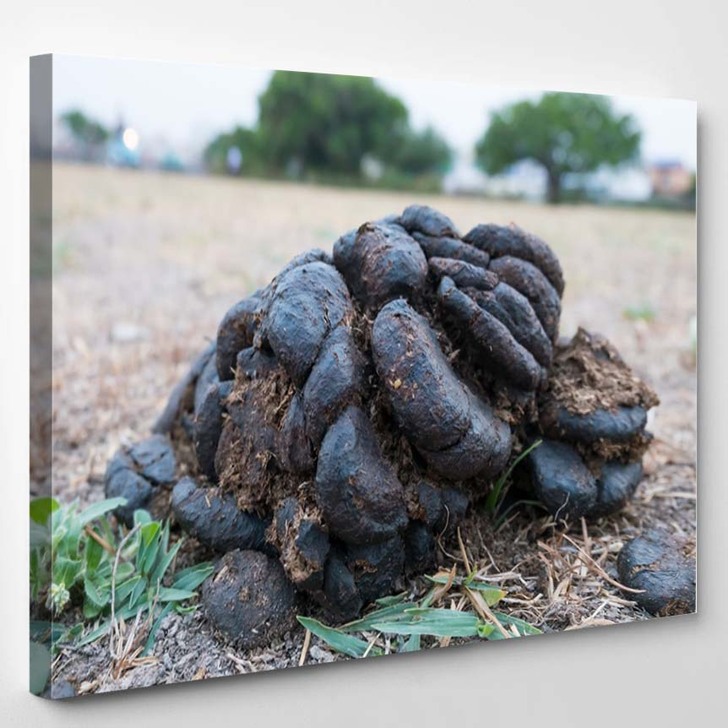Rural girls using cow dung as sanitary pads: Zimcodd

This is what some rural girls use as sanitary pads
HARARE – Young girls in rural areas are reportedly using old blankets, old rags and even cow dung during their menstrual cycles because they have no access to sanitary wear.
According to a Zimbabwe Coalition on Debt and Development (Zimcodd) report, most rural girls were now improvising because the cost of sanitary wear has skyrocketed beyond their reach.
A snap survey by NewsDay yesterday revealed that the cheapest packet of 10 sanitary pads now costs Z$1,800 or US$1,50 to US$2, while very expensive brands can cost up to US$10.
Women who can afford luxury tampons have to fork out US$4 for the cheapest brand.

The smallest 50 gram packet of cotton wool costs US$2. On average, a women or girl needs two to three packets of 10 pads each menstrual cycle.
In a statement, Zimcodd said due to the secrecy surrounding menstruation and failure by some communities to accept it as a natural biological process, many disadvantaged girls in rural areas ended up using unhygienic materials, which results in them missing.
“Menstruation, although a normal bodily function, is still met with silence, taboos and stigma. Women and girls face numerous challenges in managing their menstrual cycle as pads and other supplies may be unavailable or unaffordable,” read the Zimcodd report.
“They may also lack access to safe toilet facilities with clean water where they can clean themselves in privacy and they face discriminatory cultural norms or practices that make it difficult to maintain good menstrual hygiene. Many women without access to menstrual products improvise with old blankets, toilet paper, rags, newspapers, mud and even cow dung.”
“At a recent assessment visit in Zaka district by the Portfolio Committee on Primary and Secondary Education, it was noted that most young girls did not have access to sanitary wear and this resulted in absenteeism from school for a few days every month.”
Zimcodd said this infringes on women’s rights to reproductive health, water and sanitation.
“Poverty and humanitarian crises can limit women’s and girls’ access to culturally appropriate, high quality menstrual supplies and safe, private washing facilities. Often women and girls face poor access to safe bathing facilities and menstrual supplies – including those in impoverished school systems, prisons and homeless shelters.”
Lack of access to menstrual hygiene may cause women to also refrain from taking certain jobs because they might be penalised for taking regular bathroom breaks.





